| Teacher: Rusty Kennedy Series: Bible Stories |
Rusty's Notes | |
- Jacob (Israel) and his family of 70 people transferred to Egypt with Joseph.
- Jacob moved from Canaan to Egypt about 1876 B.C., during the reign of Pharaoh Senusert III (Sesostris, ca. 1878-1871).
- His predecessor, Senusert II (1894-1878), would have been the man whose dream Joseph interpreted and who made Joseph his 1st in command.
- Moses, who lived from about 1525 to 1405 B.C., wrote Exodus (17:14; 24:4; 34:4, 27-29).
- Exodus embraces about 431 years of history, from the arrival of Jacob and his family in Egypt (ca. 1876 B.C.) to the erection of the Tabernacle in the wilderness of Sinai (ca. 1445 B.C.).
- However, 1:1-7 is a review of Jacob's family.
- If we eliminate this section, the narrative resumes the story of the Israelites where Genesis ends, after Joseph's death.
- About 364 years elapsed between Joseph's death and the Tabernacle's building.
- The bulk of the book (chs. 3—40) deals with only two of those years, the year before and the year after the Exodus from Egypt.
- The Exodus event is the focus of this book.
- The Israelites lived in Egypt 430 years (12:40).
- Genesis 15:13 has the rounded number "400 years" as the total time of Israel's oppression in Egypt.
- It may be helpful to remember that about 400 years elapsed between the end of Malachi and the beginning of Matthew and that about 400 years elapsed between the end of Genesis and the beginning of Exodus.
- The deliverance of Israel out of Egypt by Yahweh in the Old Testament is parallel in importance to the resurrection of Christ in the New Testament.
- The historicity of these events is a critical foundation for adequately understanding the rest of the Bible.
ISRAEL OPPRESSED IN EGYPT
EXODUS 1
1 These are the names of the sons of Israel who came to Egypt with Jacob; each came with his family:
- NASB ’95 – “Now” – We couldn’t have Exodus without Genesis.
3 Issachar, Zebulun, and Benjamin;
4 Dan and Naphtali; Gad and Asher.
5 The total number of Jacob’s descendants was seventy;, Joseph was already in Egypt.
6 Joseph and all his brothers and all that generation eventually died. 7 But the Israelites were fruitful, increased rapidly, multiplied, and became extremely numerous so that the land was filled with them.
- His purpose was to contrast the small number of Israelites that entered Egypt, with the large number that existed when Moses was born, which was about two million individuals (cf. 12:37; 38:26; Num. 1:45-47). 603,550 men
- The "new king" may have been Ahmose (Gr. Amosis), who founded the eighteenth dynasty and the New Kingdom Period and ruled from 1570 to 1546 B.C.
- However, the identity of this new king, Israel's oppressor, was not important enough for the writer to identify by name.
- His emphasis was instead on the oppression of the Israelites, the awful condition out of which God would redeem His people.
- The first plan (plan A) was to make the Hebrews toil hard in manual labor.
- Normally a population grows more slowly under oppression than in prosperous times.
- However, the opposite took place in the case of the Israelites ("the more they oppressed them, the more they multiplied," v. 12).
- Physical oppression also tends to crush the spirit, and in this objective the Egyptians were somewhat successful (2:23-24).
- Tell vv. 15-22 - second plan (plan B)
- Pharaoh instructed the midwives to kill all the male babies born to a Hebrew woman.
- The midwives feared God and did not do this.
- When confronted by Pharaoh, they responded, “The Hebrew women are stronger than the Egyptian women and birth their children on their own before we can get there.”
- They lied to Pharaoh.
- God blessed the midwives, and they multiplied.
- Third plan (plan C) - Pharaoh then instructs the Hebrews to have all the male babies thrown into the Nile after birth.
MOSES’S BIRTH AND ADOPTION
EXODUS 2
1 Now a man from the family of Levi married a Levite woman.
- At this point Scripture's aim is to inform us that from an ordinary man, … and from an ordinary woman, … whose names there was no need to mention [at this point – 6:20], God raised up a redeemer unto his people.
- Miriam is Moses’ only sister in the Bible that is mentioned by name.
7 Then his sister said to Pharaoh’s daughter, “Should I go and call a Hebrew woman who is nursing to nurse the boy for you?”
8 “Go,” Pharaoh’s daughter told her. So the girl went and called the boy’s mother. 9 Then Pharaoh’s daughter said to her, “Take this child and nurse him for me, and I will pay your wages.” So the woman took the boy and nursed him. 10 When the child grew older, she brought him to Pharaoh’s daughter, and he became her son. She named him Moses, “Because,” she said, “I drew him out of the water.” [2]
- Tell vv. 11-25
- Stephen’s Message in Acts 7:17-36
- 17 “As the time was approaching to fulfill the promise that God had made to Abraham, the people flourished and multiplied in Egypt 18 until a different king who did not know Joseph ruled over Egypt. 19 He dealt deceitfully with our race and oppressed our ancestors by making them abandon their infants outside so that they wouldn’t survive. 20 At this time Moses was born, and he was beautiful in God’s sight. He was cared for in his father’s home for three months. 21 When he was put outside, Pharaoh’s daughter adopted and raised him as her own son. 22 So Moses was educated in all the wisdom of the Egyptians and was powerful in his speech and actions.
- 23 “When he was forty years old, he decided to visit his own people, the Israelites. 24 When he saw one of them being mistreated, he came to his rescue and avenged the oppressed man by striking down the Egyptian. 25 He assumed his people would understand that God would give them deliverance through him, but they did not understand. 26 The next day he showed up while they were fighting and tried to reconcile them peacefully, saying, ‘Men, you are brothers. Why are you mistreating each other?’
- 27 “But the one who was mistreating his neighbor pushed Moses aside, saying: Who appointed you a ruler and a judge over us? 28 Do you want to kill me, the same way you killed the Egyptian yesterday?,
- 29 “When he heard this, Moses fled and became an exile in the land of Midian, where he became the father of two sons. 30 After forty years had passed, an angel appeared to him in the wilderness of Mount Sinai, in the flame of a burning bush. 31 When Moses saw it, he was amazed at the sight. As he was approaching to look at it, the voice of the Lord came: 32 I am the God of your ancestors—the God of Abraham, of Isaac, and of Jacob., Moses began to tremble and did not dare to look.
- 33 “The Lord said to him: Take off the sandals from your feet, because the place where you are standing is holy ground. 34 I have certainly seen the oppression of my people in Egypt; I have heard their groaning and have come down to set them free. And now, come, I will send you to Egypt.,
- 35 “This Moses, whom they rejected when they said, Who appointed you a ruler and a judge?—this one God sent as a ruler and a deliverer through the angel who appeared to him in the bush. 36 This man led them out and performed wonders and signs in the land of Egypt, at the Red Sea, and in the wilderness for forty years.[3]
MOSES AND THE BURNING BUSH
EXODUS 3
1 Meanwhile, Moses was shepherding the flock of his father-in-law Jethro, the priest of Midian. He led the flock to the far side of the wilderness and came to Horeb, the mountain of God. 2 Then the angel of the Lord appeared to him in a flame of fire within a bush. As Moses looked, he saw that the bush was on fire but was not consumed. 3 So Moses thought, “I must go over and look at this remarkable sight. Why isn’t the bush burning up?”
4 When the Lord saw that he had gone over to look, God called out to him from the bush, “Moses, Moses!”
“Here I am,” he answered.
- This was the first time that God had revealed Himself to Moses, or anyone else as far as Scripture records, for over 430 years.
- Clarifying that He was the God who had been and who always would be—the same God that their forefathers worshipped
11 But Moses asked God, “Who am I that I should go to Pharaoh and that I should bring the Israelites out of Egypt?”
12 He answered, “I will certainly be with you, and this will be the sign to you that I am the one who sent you: when you bring the people out of Egypt, you will all worship God at this mountain.”
13 Then Moses asked God, “If I go to the Israelites and say to them, ‘The God of your ancestors has sent me to you,’ and they ask me, ‘What is his name?’ what should I tell them?”
14 God replied to Moses, “I AM WHO I AM.
- "I am that I am" means "God will reveal Himself in His actions through history."
16 “Go and assemble the elders of Israel and say to them: The Lord, the God of your ancestors, the God of Abraham, Isaac, and Jacob, has appeared to me and said: I have paid close attention to you and to what has been done to you in Egypt. 17 And I have promised you that I will bring you up from the misery of Egypt to the land of the Canaanites, Hethites, Amorites, Perizzites, Hivites, and Jebusites—a land flowing with milk and honey. 18 They will listen to what you say. Then you, along with the elders of Israel, must go to the king of Egypt and say to him: The Lord, the God of the Hebrews, has met with us. Now please let us go on a three-day trip into the wilderness so that we may sacrifice to the Lord our God.
19 “However, I know that the king of Egypt will not allow you to go, even under force from a strong hand. 20 But when I stretch out my hand and strike Egypt with all my miracles that I will perform in it, after that, he will let you go. 21 And I will give these people such favor with the Egyptians that when you go, you will not go empty-handed. 22 Each woman will ask her neighbor and any woman staying in her house for silver and gold jewelry, and clothing, and you will put them on your sons and daughters. So you will plunder the Egyptians.”[4]
- The outstanding contribution of this book is the revelation that Yahweh is the sovereign God who provides deliverance for man from the slavery in which he finds himself.
- Jesus has delivered His Church from the slavery of sin.
- Jesus’ death & resurrection rescued us from the penalty of sin and even from the power of sin.
- Jesus has rescued us from doing our own works, and the Spirit constantly encourages us to rest in Him.
[1] Christian Standard Bible (Nashville, TN: Holman Bible Publishers, 2020), Ex 1:1–14.
[2] Christian Standard Bible (Nashville, TN: Holman Bible Publishers, 2020), Ex 2:1–10.
[3] Christian Standard Bible (Nashville, TN: Holman Bible Publishers, 2020), Ac 7:17–36.
[4] Christian Standard Bible (Nashville, TN: Holman Bible Publishers, 2020), Ex 3:1–22.

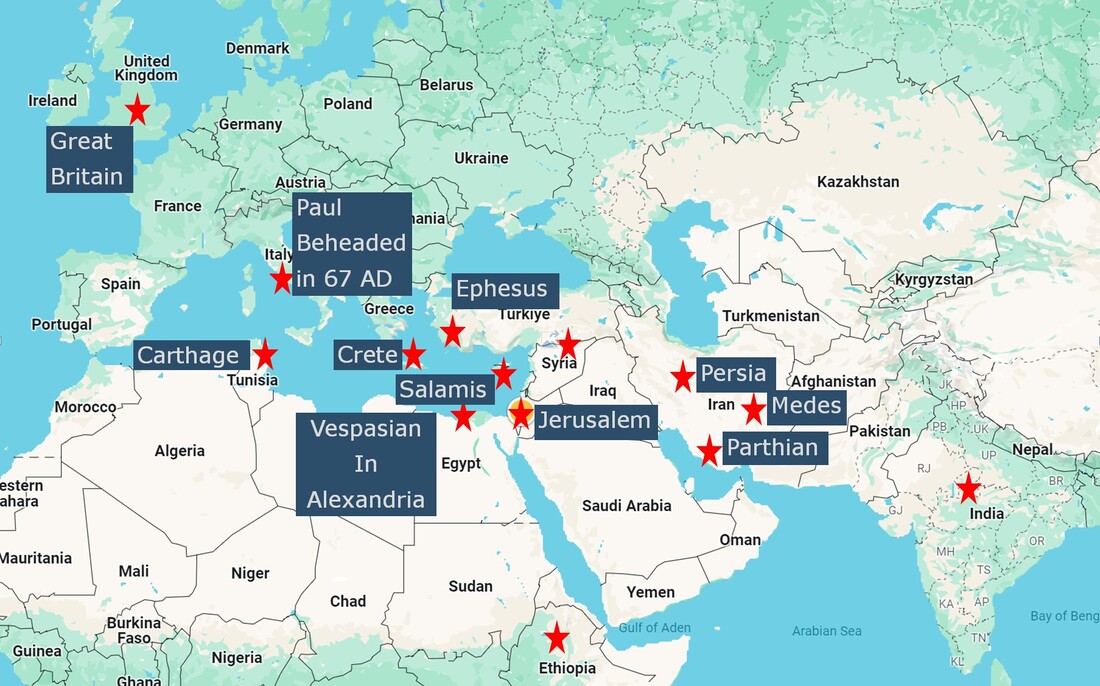
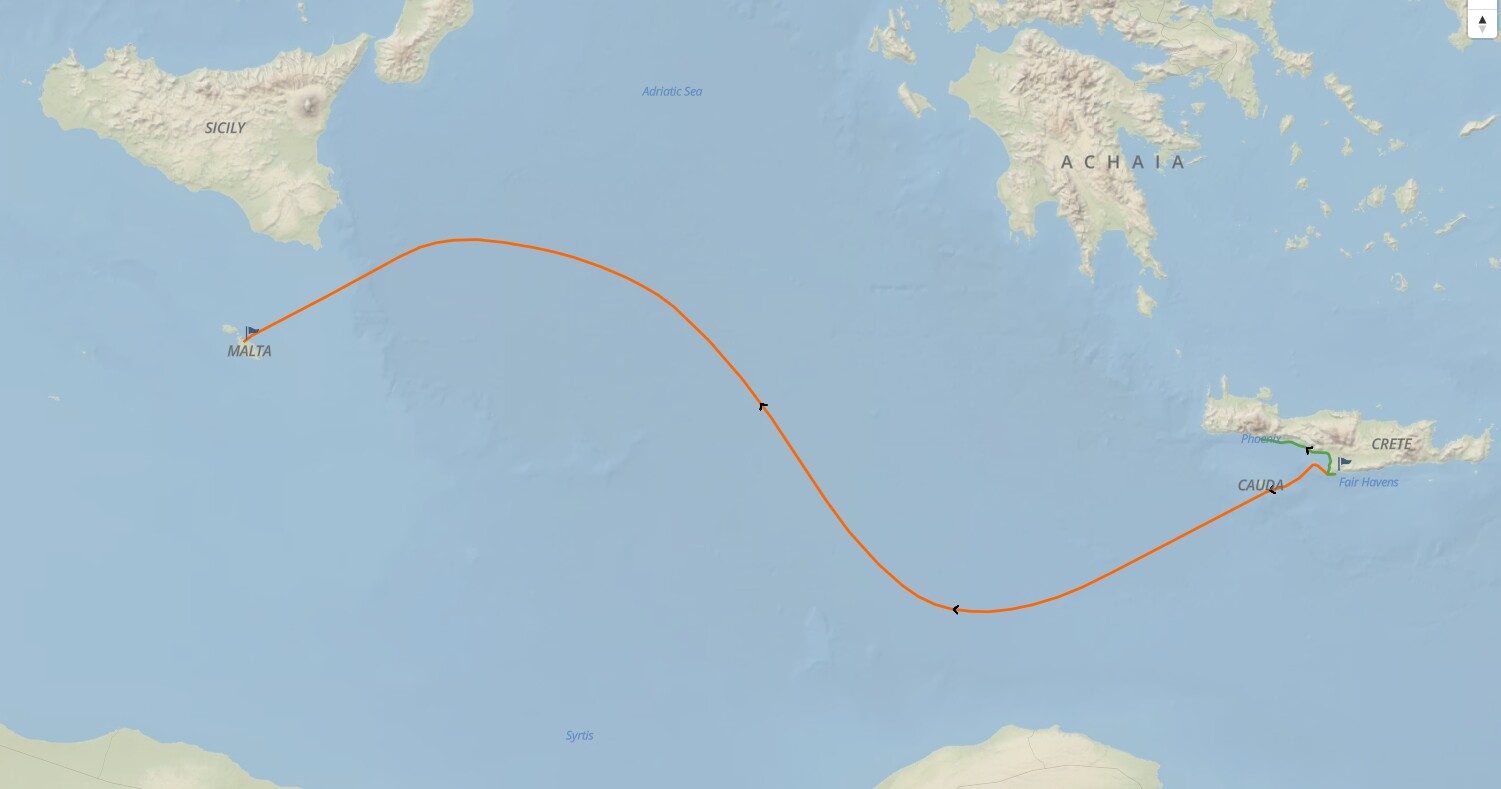

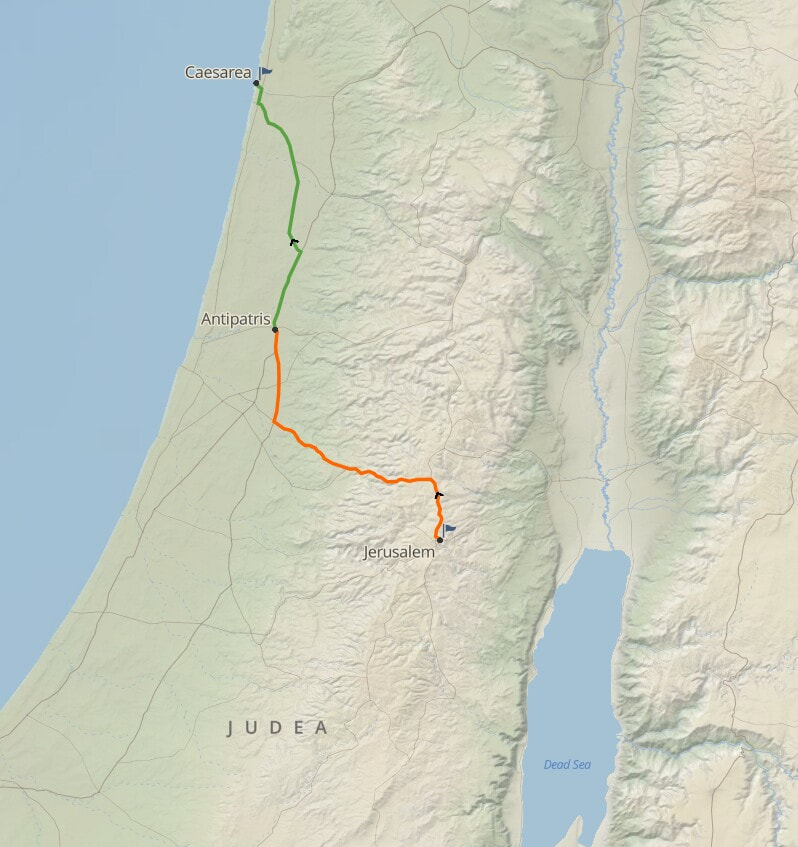
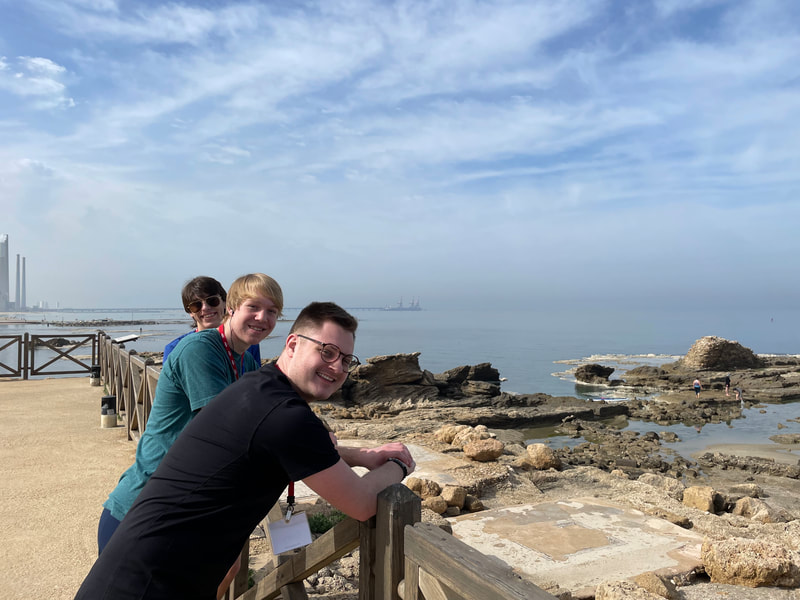

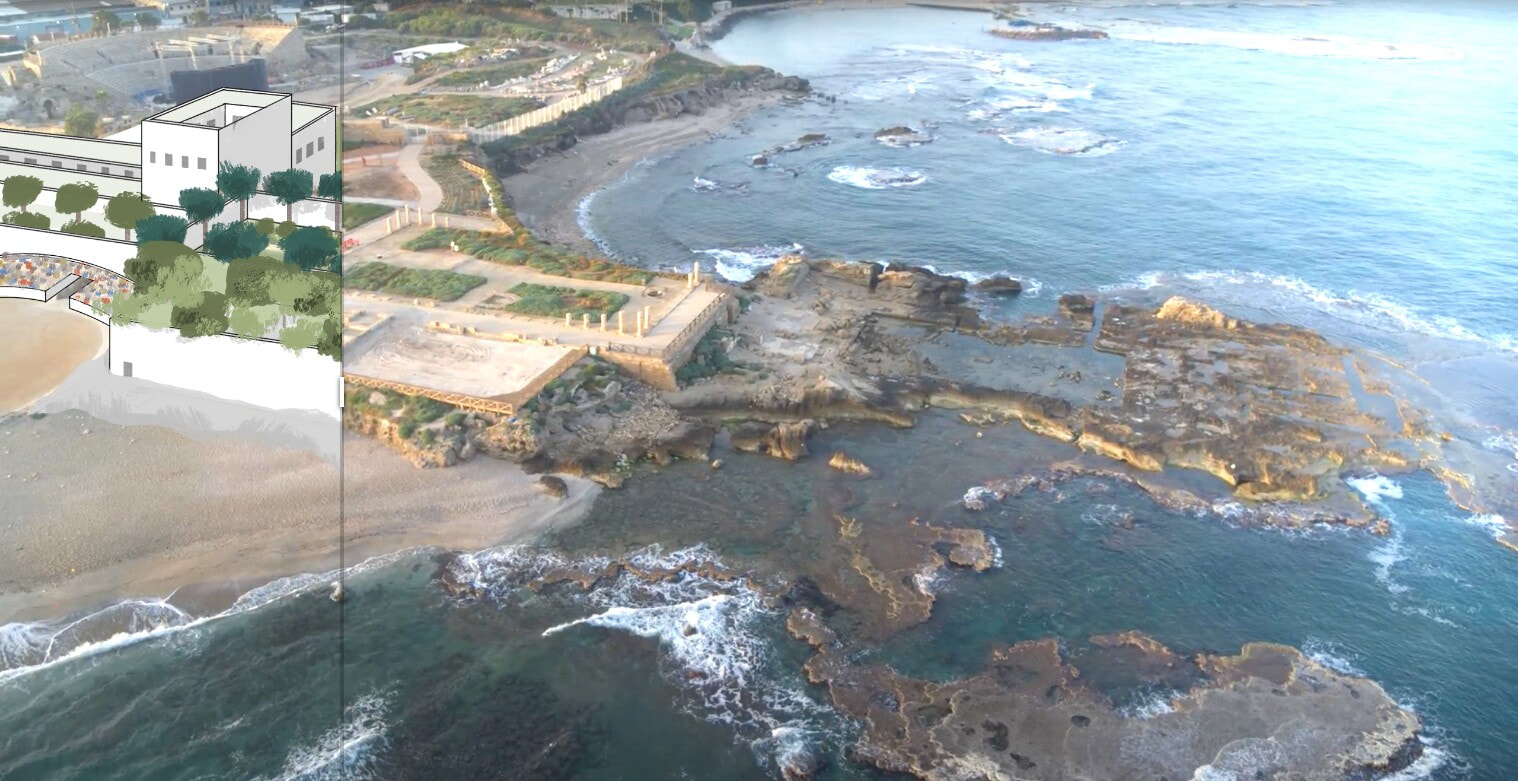
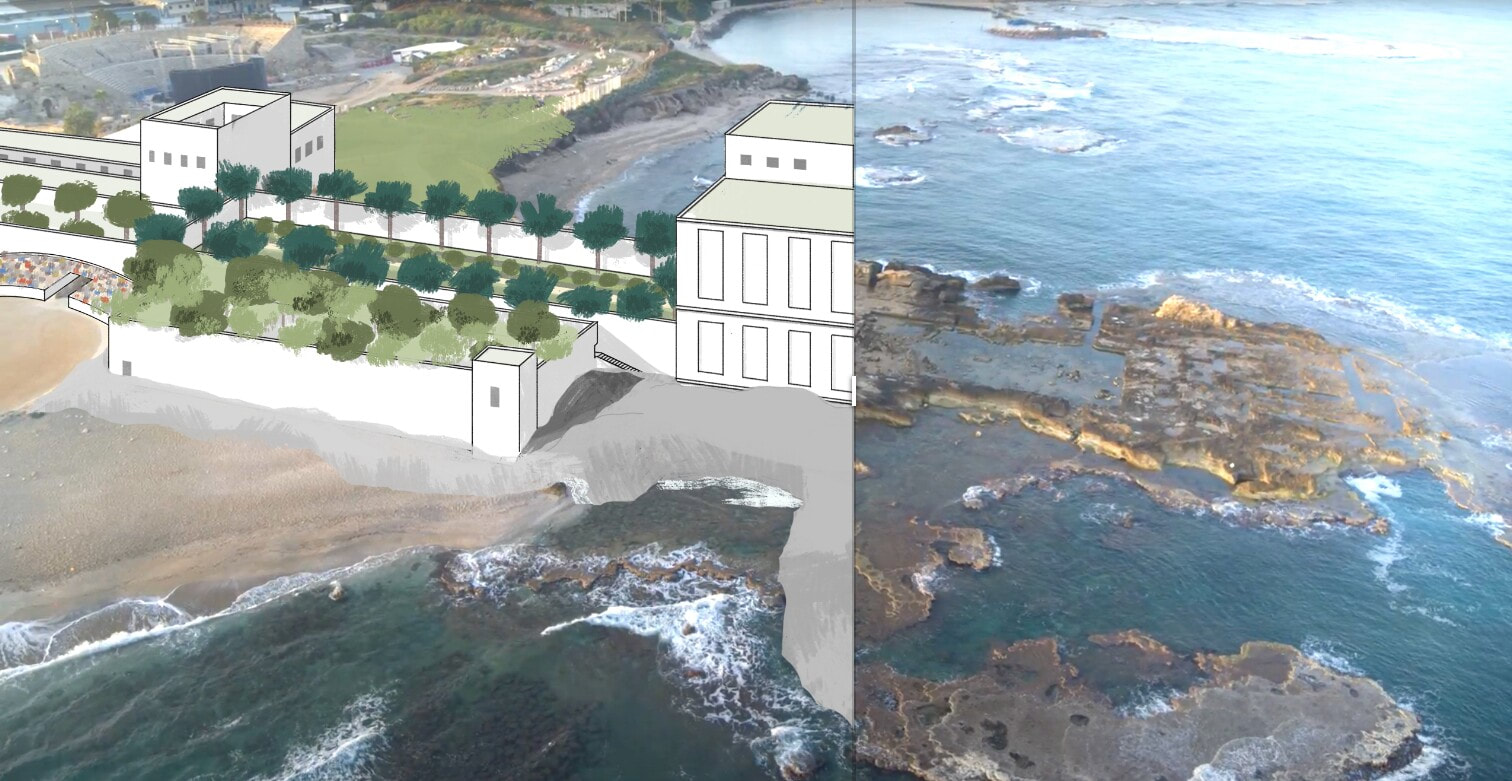

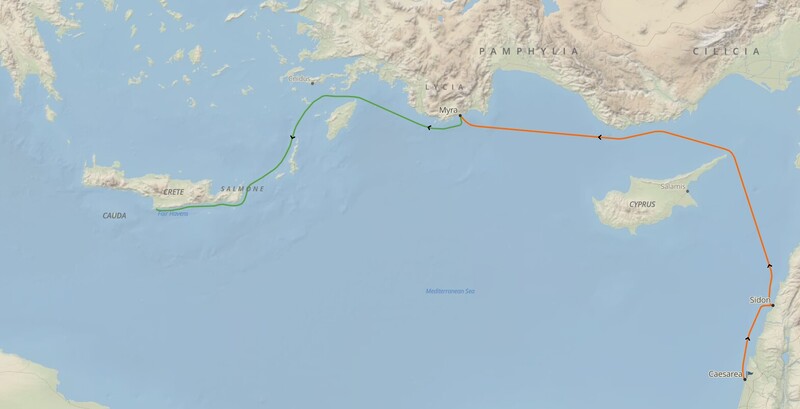
 RSS Feed
RSS Feed